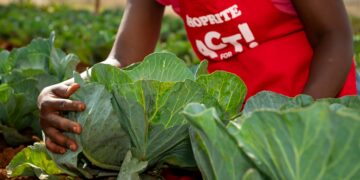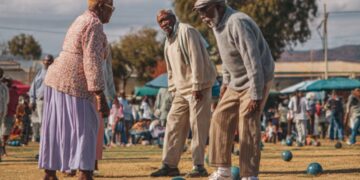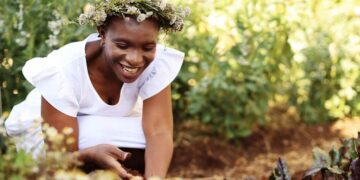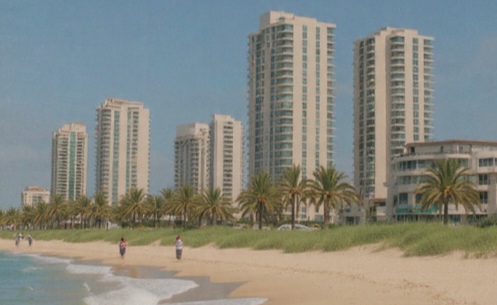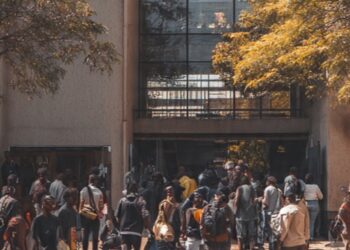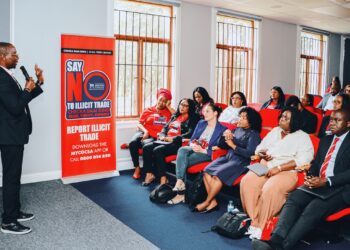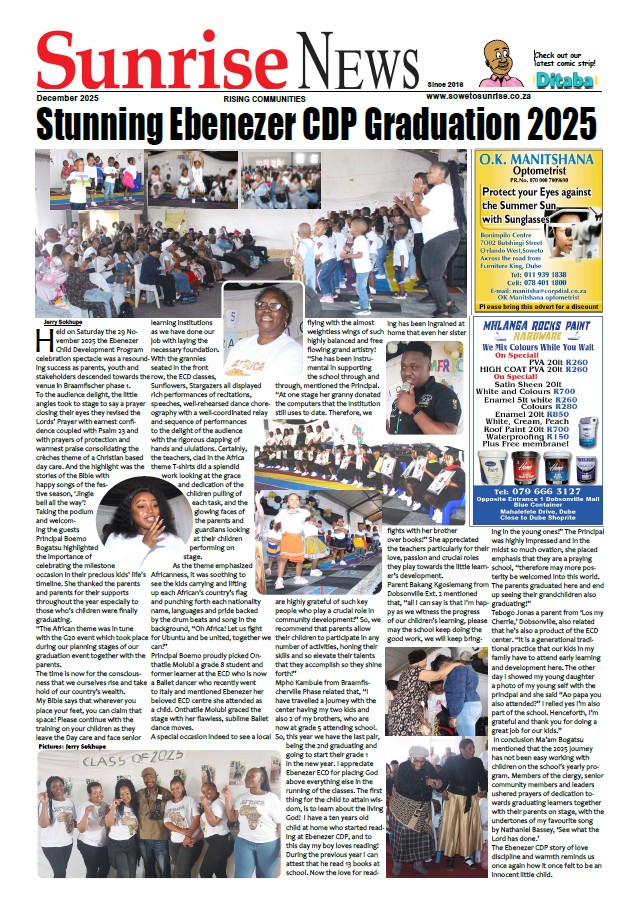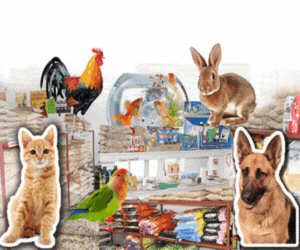With water scarcity, rising energy costs and increasingly climate-conscious travellers shaping the Southern African hospitality landscape, the industry must turn principles into practice and ensure sustainability is no longer a buzzword, but the line between resilience and risk.
Hotels across the country are grappling with how to make sustainability a lived, operational reality rather than a marketing claim. The key takeaway from the 2025 Hospitality Industry Think Tank was clear, “if your own team isn’t living it, guests will see through it”.
This is the exact sentiment that is now echoed across the industry, as sustainability efforts that exist only in corporate decks or glossy brochures are increasingly being called out by guests who expect to see tangible proof. From food-waste reduction and linen reuse for same stay guests to smart water management and meaningful local partnerships, travellers (especially younger generations) want to know that their accommodation choices align with their personal values.
“Guests are incredibly perceptive,” said Reinhard Visser, Chief of Operations at Dream Hotels & Resorts. “They notice when the story we tell matches the reality they experience, from the cleaning products in their rooms to the food on their plates. That’s why we see sustainability not as a campaign, but as a daily discipline.”
The everyday work of sustainability
Across the sector, that “daily discipline” is taking new forms. Grow tunnels, kitchen gardens and local sourcing are increasingly replacing long supply chains. Refurbishment waste is being reimagined, where furniture is restored or redirected to community projects instead of landfills or being replaced entirely. In several lodges and resorts, teams are even removing invasive plant species, restoring natural vegetation and running quieter, more considerate game-viewing practices to protect ecosystems and enhance the guest experience.
Visser adds that sustainability also demands rethinking procurement in a way that benefits local economies: “When it comes to reducing carbon footprints, it’s important to consider who you’re buying from. We work with local farmers and artisans because that’s how the value stays in the community. Every transaction becomes part of a shared cycle of renewal.”
Water and energy security remain major operational risks, forcing hospitality businesses to rethink their infrastructure strategies. For many operators, resource efficiency, such as greywater systems and solar power, is fast becoming the only way to maintain profitability and guest comfort during periods of instability.
Sustainability beyond the environment
While often overlooked, there is no denying that sustainability is social and economic in nature, too. A recurring theme from the Think Tank was that transformation and training must work hand in hand, with panellists arguing that South Africa’s tourism sector can be one of the most powerful engines for inclusive growth, but only if empowerment extends beyond compliance.
“Aiming for 51 percent ownership means little if that ownership doesn’t come with real decision-making power or the ability to grow,” said one panellist. As such, creating space for black entrepreneurs to own, operate, and influence tourism assets will determine how genuinely sustainable the sector becomes.
The same goes for people development. Fragmented training models and slow grant processes continue to block the pipeline for hospitality jobs. The industry’s call is for a shared training framework that places learnerships where they’re needed most, such as in rural and peri-urban areas that supply much of the tourism workforce.
For many in the sector, sustainability is becoming the defining measure of success. “We want to be remembered as the generation that didn’t just talk about change, but lived it,” Visser said. “Every time we choose to reuse instead of replace, to source locally instead of import, or to repair instead of discard, we’re shaping the future of South African hospitality.”
Soweto Sunrise News





